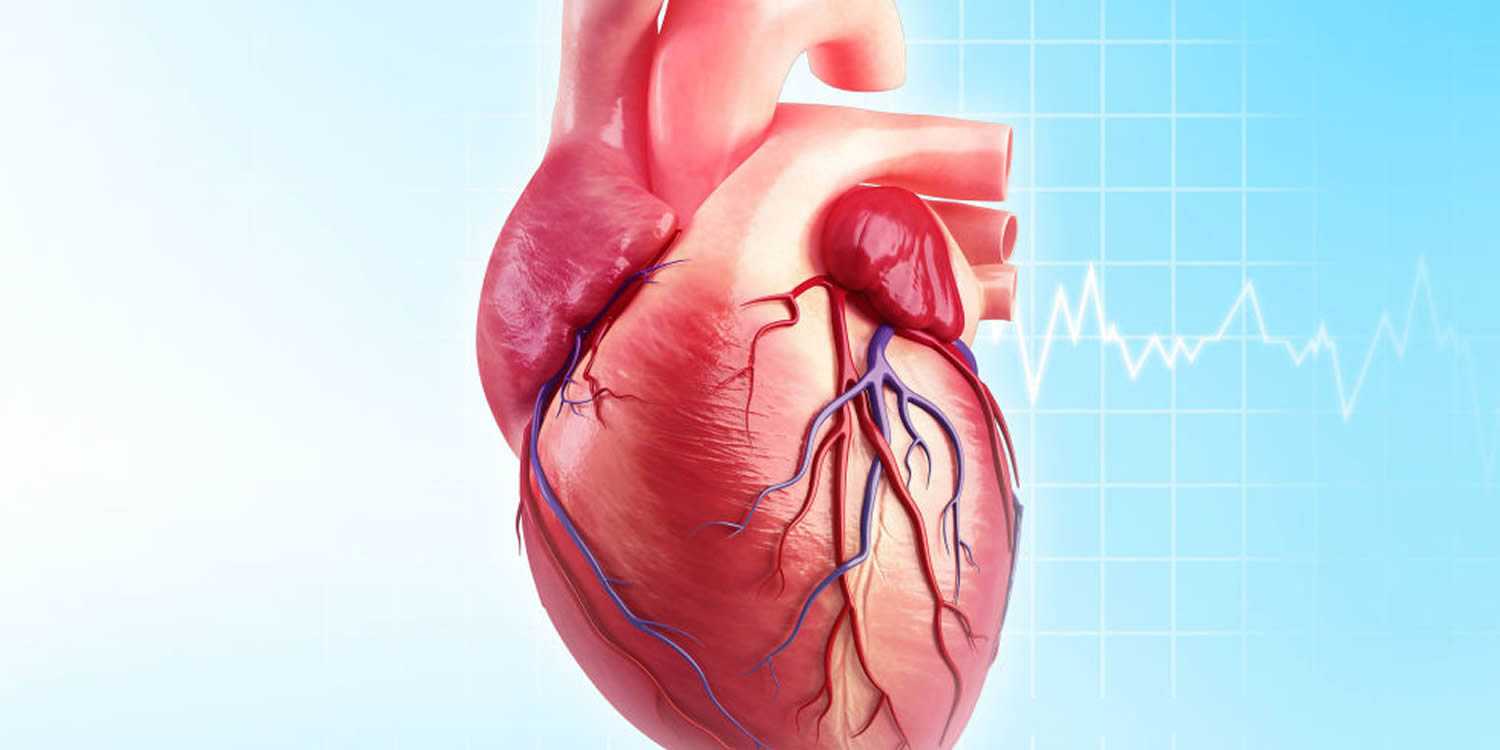
The Importance Of Early Detection In Heart Disease

Heart disease is a term that encompasses a range of conditions affecting the heart. It is a leading cause of death globally, with millions of people diagnosed each year. If you are looking for cardiologist in Seawoods do consider Dr. Kalkekar's CURA Advanced Cardiac Clinic for effective solution for your heart.
What is Heart Disease?
Heart disease refers to various conditions that affect the heart's structure and function. These conditions can include coronary artery disease, heart failure, arrhythmias, and congenital heart defects.
Types of Heart Diseases
There are several types of heart diseases, each with its own set of symptoms and treatments. Some common types include:
- Coronary artery disease (CAD)
- Heart failure
- Arrhythmias
- Congenital heart defects
The Role of Early Detection
Early detection plays a crucial role in managing heart disease effectively. Detecting heart disease in its early stages can significantly improve outcomes and quality of life.
Why Early Detection Matters
Early detection allows for timely interventions, reducing the risk of complications and improving prognosis. It provides an opportunity to implement preventive measures and lifestyle changes that can slow the progression of the disease.
Benefits of Early Diagnosis
- Better treatment options
- Improved quality of life
- Reduced risk of complications
- Lower healthcare costs
Common Symptoms of Heart Disease
Recognizing the early signs of heart disease is vital for prompt diagnosis and treatment.
Recognizing Early Signs
Some common symptoms of heart disease include:
- Chest pain or discomfort
- Shortness of breath
- Fatigue
- Swelling in the legs, ankles, or feet
When to Seek Medical Help
If you experience any of these symptoms, especially if they are persistent or severe, it is essential to seek medical attention immediately.
Diagnostic Tests for Heart Disease
Several diagnostic tests can help identify heart disease and assess its severity.
Electrocardiogram (ECG)
An ECG is a non-invasive test that records the heart's electrical activity. It can detect abnormalities in heart rhythm and identify signs of heart damage.
Echocardiogram
An echocardiogram uses sound waves to create detailed images of the heart's structure and function. It can help diagnose heart defects, valve problems, and other conditions.
Cardiac Catheterization
Cardiac catheterization is a more invasive procedure that involves inserting a catheter into the heart to collect information about its structure and function. It can help identify blockages in the coronary arteries and assess heart function.
Prevention and Lifestyle Changes
Prevention is key to reducing the risk of heart disease.
Importance of Healthy Diet
A balanced diet rich in fruits, vegetables, whole grains, and lean proteins can help maintain heart health and reduce the risk of heart disease.
Importance of Regular Exercise
Regular physical activity is essential for maintaining a healthy weight, lowering blood pressure, and improving overall cardiovascular health.
Avoiding Risk Factors
Certain risk factors, such as smoking, high cholesterol, and obesity, can increase the risk of heart disease. Avoiding these risk factors and adopting a healthy lifestyle can help prevent heart disease.
Conclusion
Early detection of heart disease is crucial for effective management and improved outcomes. By recognizing the early signs, seeking timely medical help, and adopting a healthy lifestyle, individuals can reduce their risk of developing heart disease and lead a heart-healthy life.
FAQs
What is heart disease?
Heart disease refers to various conditions affecting the heart's structure and function, including coronary artery disease, heart failure, and arrhythmias.
Why is early detection important?
Early detection allows for timely interventions, better treatment options, and improved outcomes for individuals with heart disease.
What are the common symptoms of heart disease?
Common symptoms of heart disease include chest pain or discomfort, shortness of breath, fatigue, and swelling in the legs, ankles, or feet.
How is heart disease diagnosed?
Heart disease can be diagnosed through various tests, including electrocardiogram (ECG), echocardiogram, and cardiac catheterization.
Can heart disease be prevented?
Yes, adopting a healthy lifestyle, including a balanced diet, regular exercise, and avoiding risk factors like smoking and obesity, can help prevent heart disease.
Author Bio
Article Comments
No Comments!
At present there are zero comments on this article.
Why not be the first to make a comment?
Similar Articles
Search Pages
User Upgrade
account to full use of editor,
Including hyperlinks
Article Categories
There are zero sub-categories in this parent category.
There are zero sub-categories in this parent category.

















